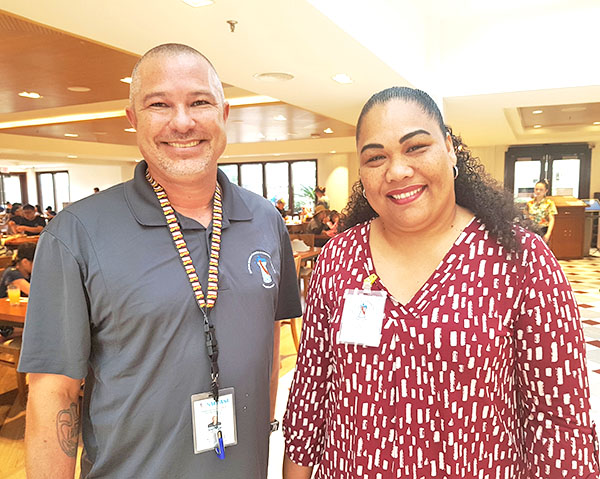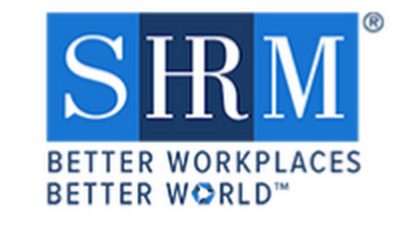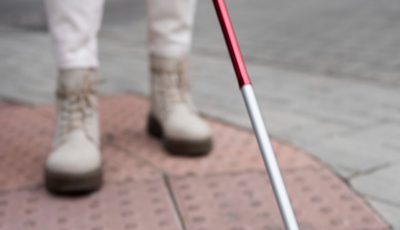NMPASI explains ADA to SHRM members

Northern Marianas Protection & Advocacy Systems Inc. project specialists Greg Borja and Elsie Tilipao after giving a talk in the rights of persons with disabilities in the workplace at the Society for Human Resources Management NMI Chapter general membership meeting last Friday at Charley’s Restaurant of the Pacific Islands Club Saipan. (Bea Cabrera)
While many companies and government agencies have their own definition of disability, the requirements are, however, specific under the Americans with Disabilities Act, according to Northern Marianas Protection & Advocacy Systems Inc. specialists Elsie Tilipao and Greg Borja.
Tilipao and Borja were the guest speakers in Society for Human Resources Management NMI Chapter’s general membership meeting held at Charley’s Cabaret of the Pacific Islands Club Saipan last Friday.
The presentation focused on Titles I & III of ADA–Title I that tackled employment and Title III that talked about Community Access or Public Accommodation. SHRM membership is composed of employers and business owners and what they can and cannot do under the law was explained.
“An individual to be protected and covered under ADA must meet the definition of disability… It states that an individual must have a physical and mental impairment that substantially limits one or more major life activity and they must have a record of such disability or regarded as having a disability,” said Tilipao.
“These persons are protected from being discriminated on from having the opportunity to be gainfully employed by reason of their disability. The law expands the coverage to being denied of equal terms, conditions, and privileges of employment which includes wages, benefits, opportunities, training, advancement, and freedom from harassment,” she added.
According to Tilipao, the start of the job application is the beginning of employment relationship between a person with disability and employer and must be transparent with each other.
“A person that meets the definition of disability under ADA must inform or request for accommodation from the employer. At the same time, employer must provide proper accommodation,” she said.
Tilipao added that a person with disability is protected by ADA at the start of the application up to the time of termination and discrimination charges can be filed in Equal Opportunity Commission on Saipan.
Title III talks about Community Access or Public Accommodation that focuses on private businesses and entities that provides public access which should include accessibility of person with disability.
“We at NMPASI also want to make sure that there is no discrimination going on when it comes to private businesses providing service to the community. Architectural standards and effective communication are two important factors when it comes to providing public accommodations,” Borja said.
“Architectural barriers are basically any feature or hazard that you want to remove because it prevents somebody especially persons with disability to have access… effective communications…people with communication disabilities whether inability to speak, hear, vision impaired we want to make sure we can communicate with them effectively like providing auxiliary aids and services like sign language, television monitors with interpreters, or have a pencil and paper out,” he added.
Borja said that accommodation to service animals is starting on island and business owners must be aware of this to prevent discrimination charges. “Service animals are typically dogs that are trained to perform a specific task in order to assist somebody and support them in their disability.”
“For private business owners, if you see a service animal, legally, there are only two questions that you can ask that person. First, ‘Is that service animal required because of your disability? And second, ‘what work or task is that animal trained for?’”
Borja said assessment by NMPASI is available to business owners. “We have had businesses come in and this is something that is available to the community.”
“We do assessments, study the accessibility of your business, and we will use the standards and anything we find deficient compared to the standards. We will write you a letter stating this is what you should look at,” he added.
For more information about NMPASI’s advocacies and community outreach services, contact Greg Borja at (670)2357273 or email gborja@nmapsi.org.

























